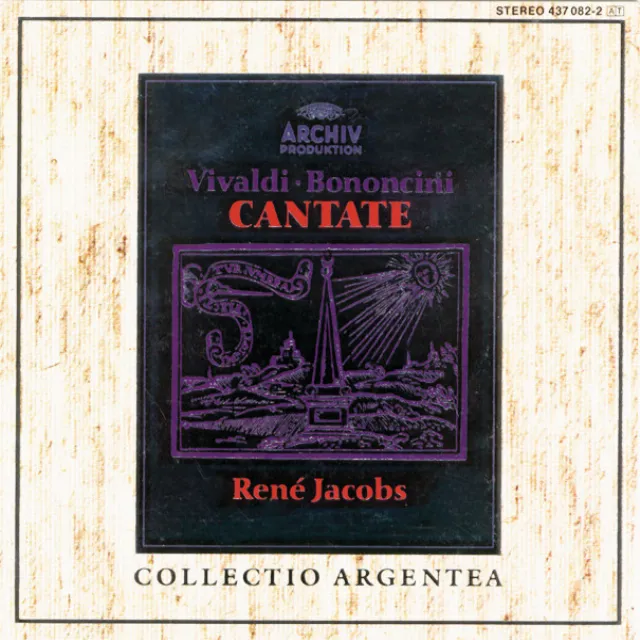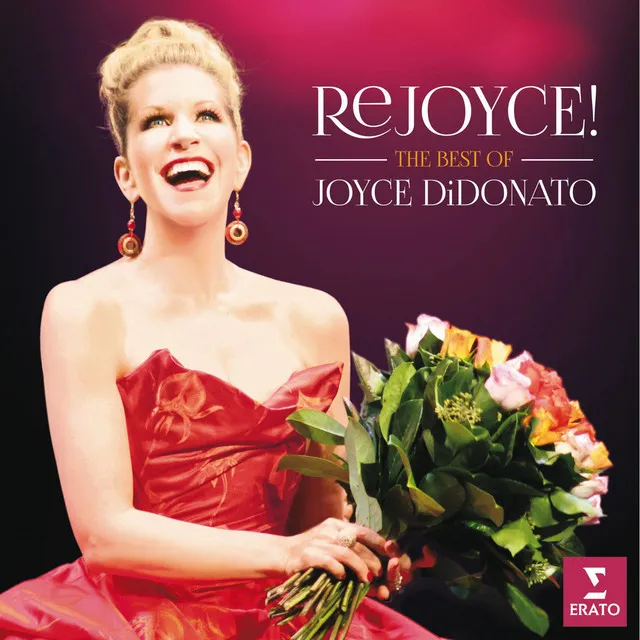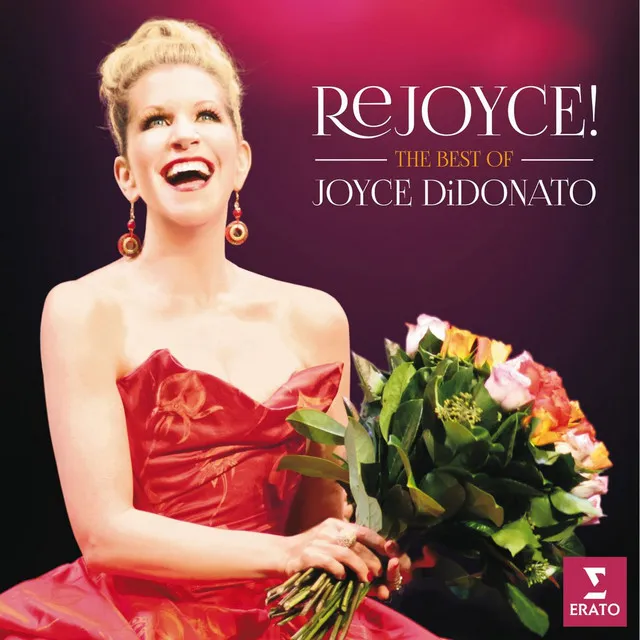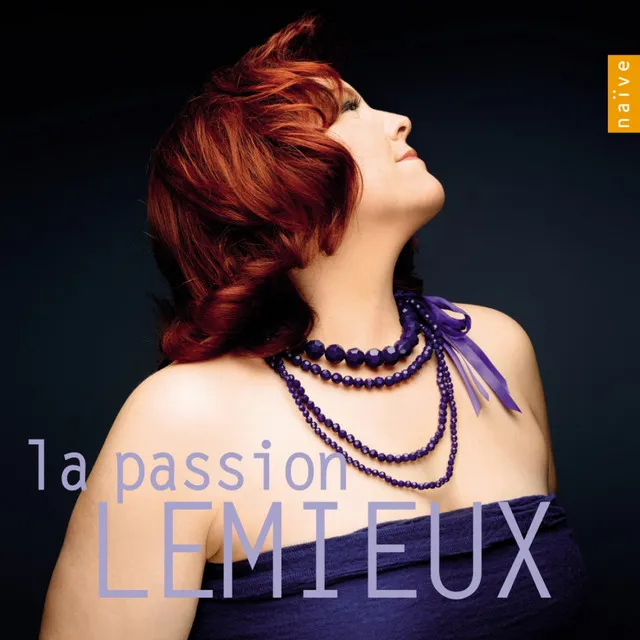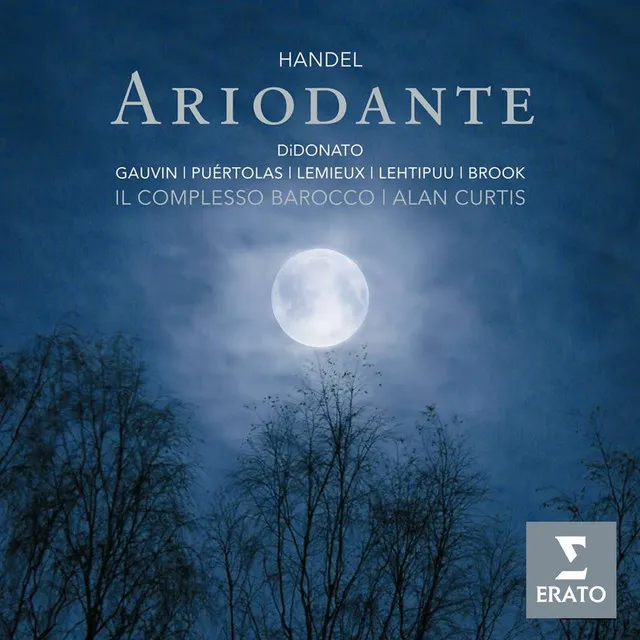As its Italian name suggests, Il Complesso Barocco was an ensemble devoted mainly to the performance of Baroque music. The group played an essential role in the revival of Baroque opera, not least because of the scholarship and pioneering work of founder and conductor Alan Curtis, who fashioned authentic versions of operas by Monteverdi (L'incoronazione di Poppea), Handel (Admeto), and other Baroque stalwarts. Over the years, Il Complesso Barocco came to be identified with the operas of Handel and Vivaldi and with late-madrigal fare. That said, the repertory was hardly limited to those spheres, as it took in an array of works, particularly operas, oratorios, and instrumental compositions by Gesualdo, Monteverdi, Porpora, and many others.
Il Complesso Barocco was founded by Curtis in Amsterdam in 1979, and comprised about 20 members, all of whom performed on period instruments. Curtis, already recognized as a scholar in Baroque opera and performance practices, fashioned the group to play music with a faithfulness to its stylistic spirit and sound. He often conducted the ensemble from the keyboard (harpsichord or organ). Among the group's first recordings was a critically acclaimed performance on EMI of Handel's Admeto (reissued in 2009 on Virgin Classics). Throughout the 1980s, Il Complesso Barocco grew in stature and, owing to its highly praised performances and recordings of madrigal repertory, were selected by director Werner Herzog to appear in his 1995 film Gesualdo: Death for Five Voices. In 2006, Il Complesso Barocco made the world-premiere recording of Vivaldi's Montezuma (Deutsche Grammophon/Archiv Produktion), fashioned from an incomplete Vivaldi manuscript by Il Complesso Barocco violinist and Baroque scholar Alessandro Ciccolini. Il Complesso Barocco took the work on tour in the 2007-2008 season, giving acclaimed performances in Paris, Lisbon, Vienna, and other major European cities. Curtis and Il Complesso Barocco began a fruitful collaboration with the Theatre an der Wien in 2007, where the group was able to perform little-known operas, such as Gluck's Ezio and Domenico Scarlatti's Tolomeo e Alessandro. Il Complesso Barocco ceased operations in 2014, and Curtis died in 2015 at age 80.
Il Complesso Barocco's numerous recordings helped promote period instrument ensembles, garnering many awards, including the 2000 Diapason d'Or for a Virgin Veritas recording of Ferrari's Il Sansone and the 2005 International Handel Recording Prize for Radamisto on EMI. The group issued a recording of Handel's Ezio on Archiv Produktion in 2009, with mezzo-soprano Ann Hallenberg in the title role and soprano Karina Gauvin as Fulvia. A successful collaboration with Joyce DiDonato in performance and on recordings led to a Grammy nomination for the 2012 Erato album Drama Queens. In 2013, Curtis led Il Complesso Barocco in a recording of Vivaldi's Catone in Utica, another Ciccolini reconstruction, on the Naïve label.


